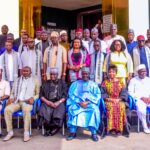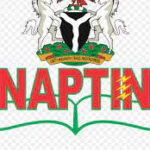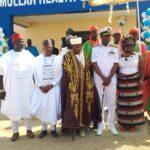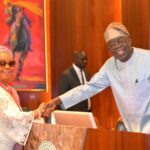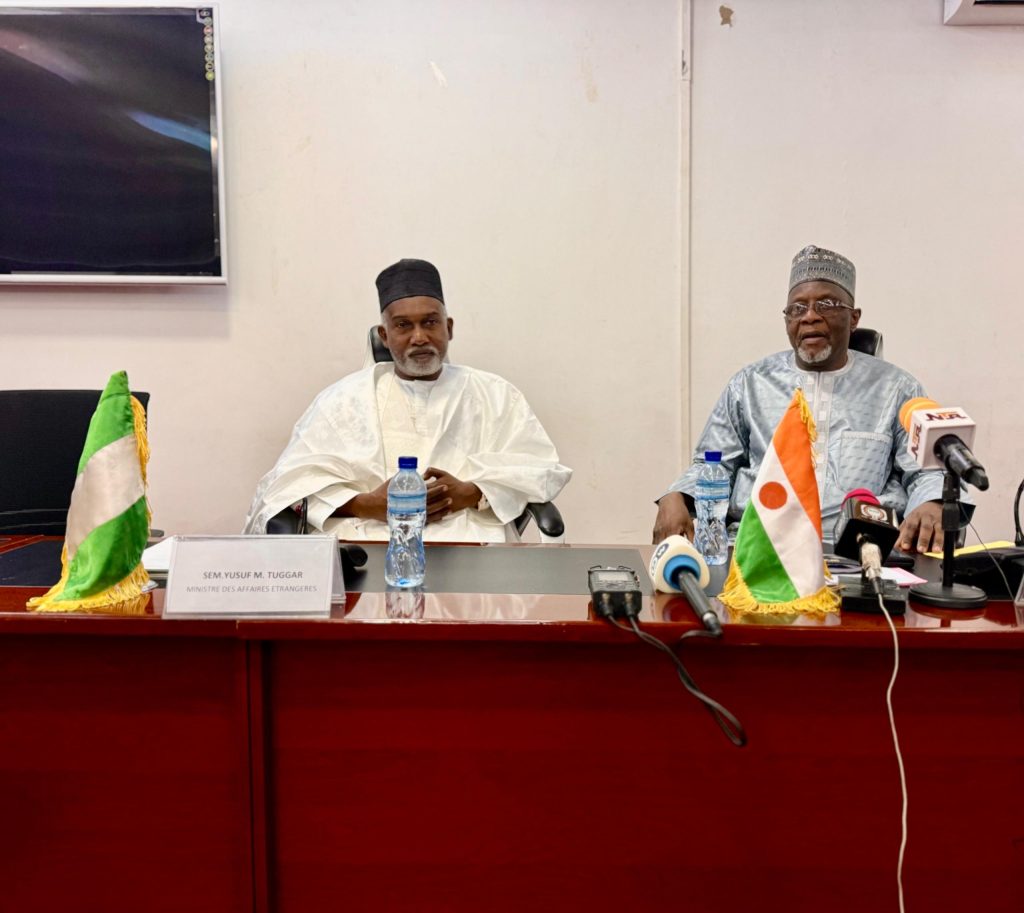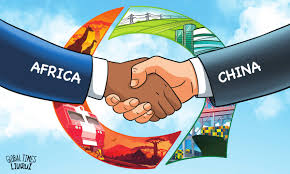FG urges Ethiopia to expedite action towards signing of agreement on prisoner exchange
By Fortune Abang The Federal Government on Thursday urged the government of Ethiopia to expedite action towards the signing of the agreement on the exchange of sentenced persons to advance the ties between both countries. The Minister of State for Foreign Affairs, Amb. Bianca Odumegwu-Ojukwu, made the call at aContinue Reading





